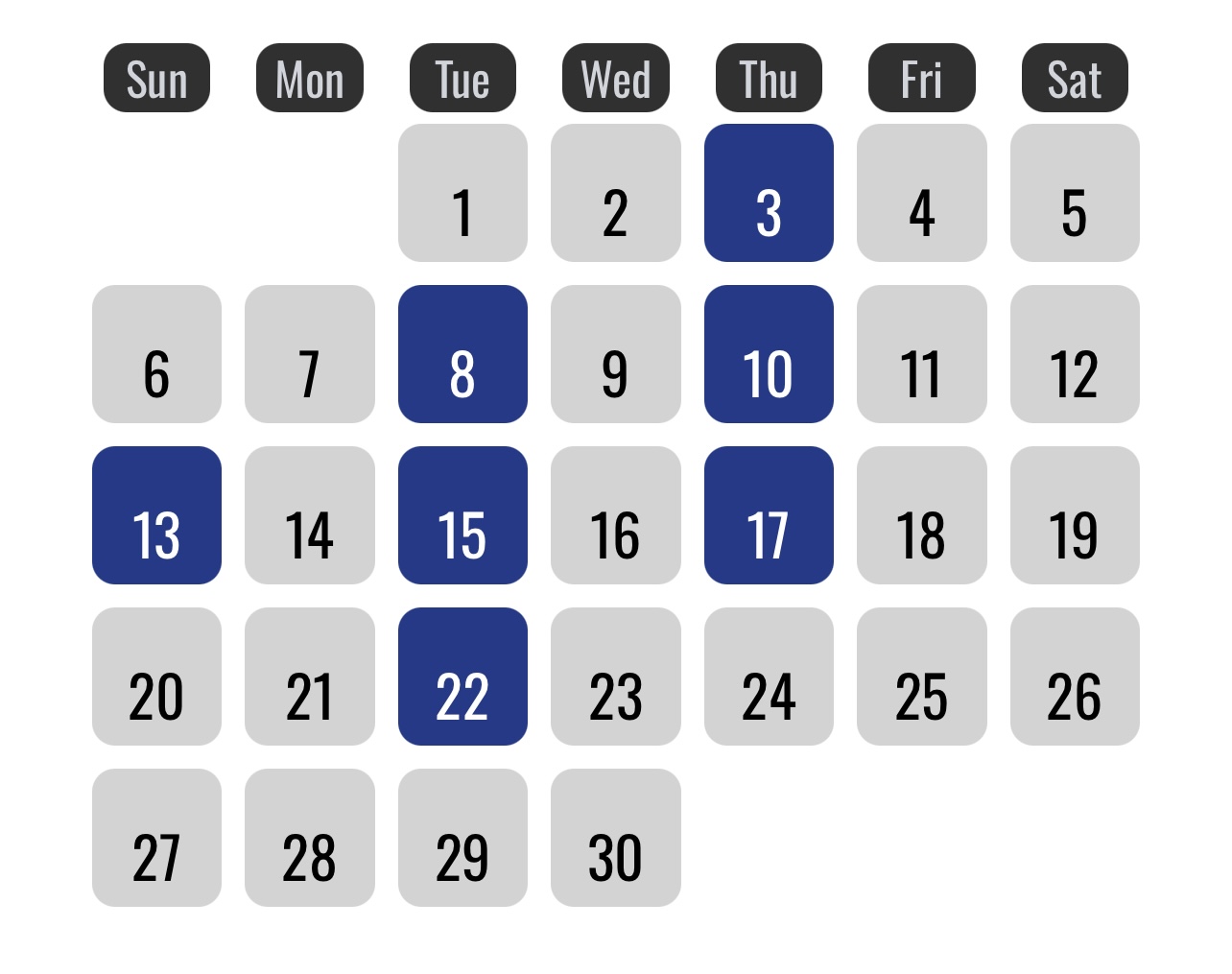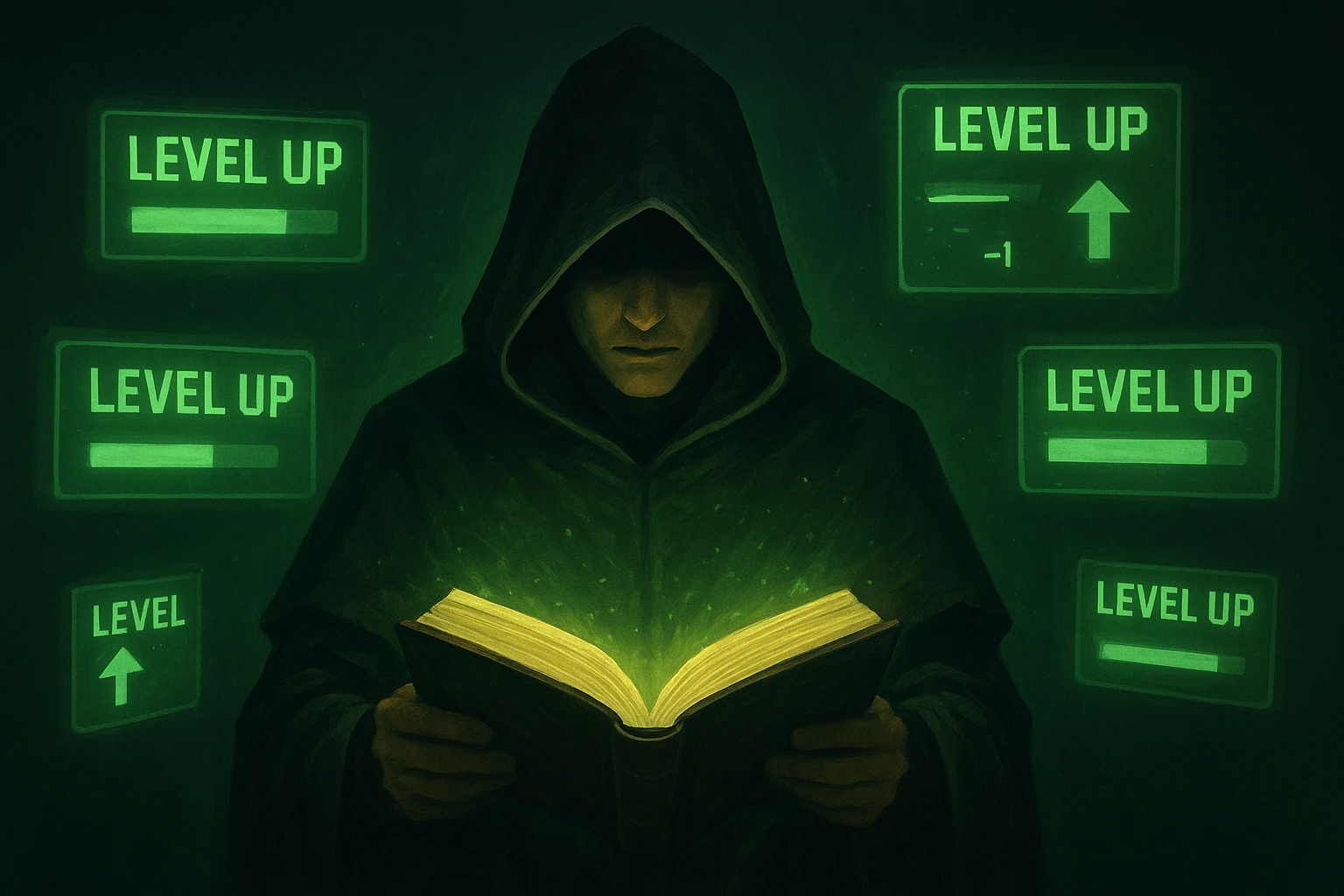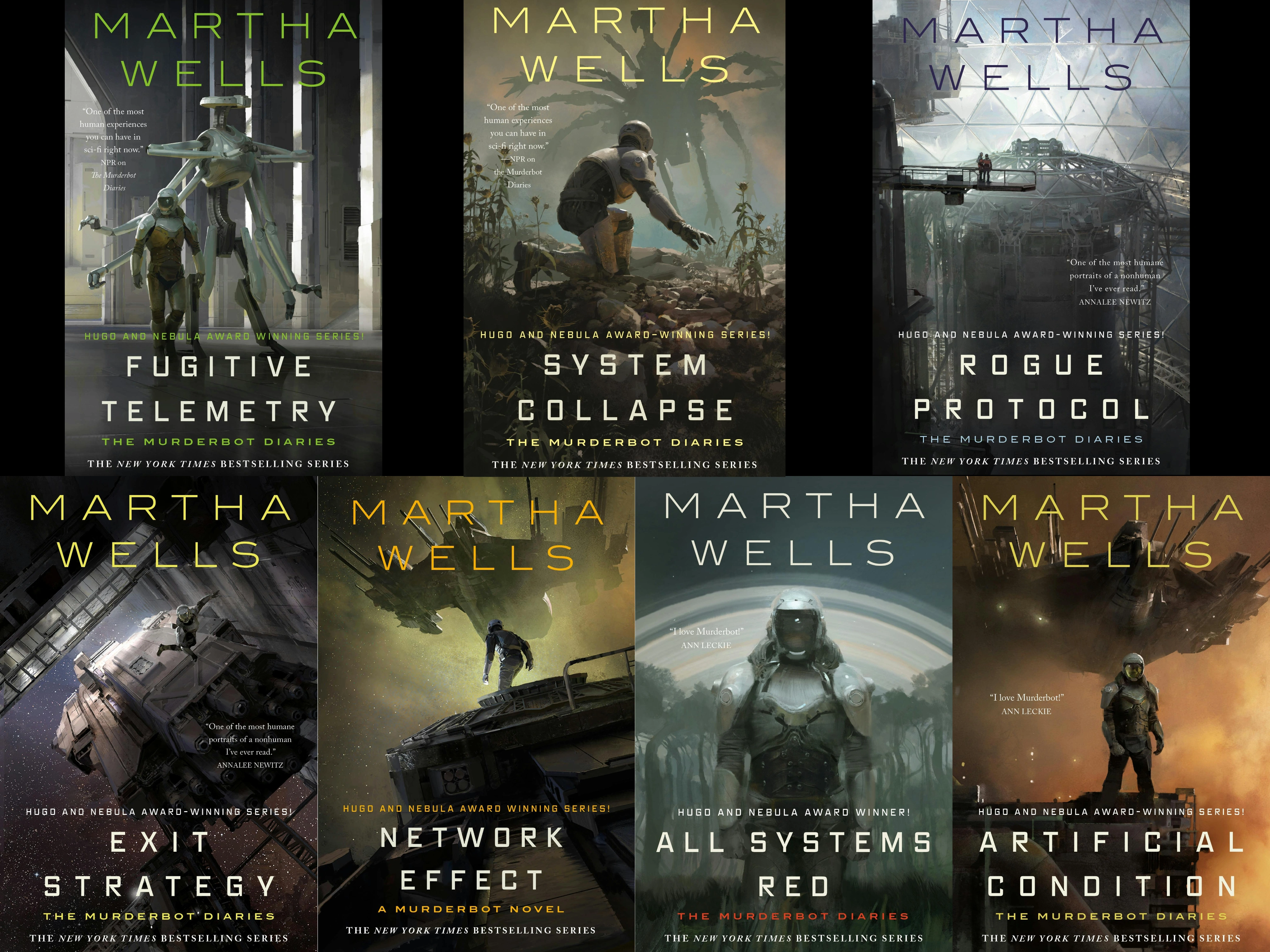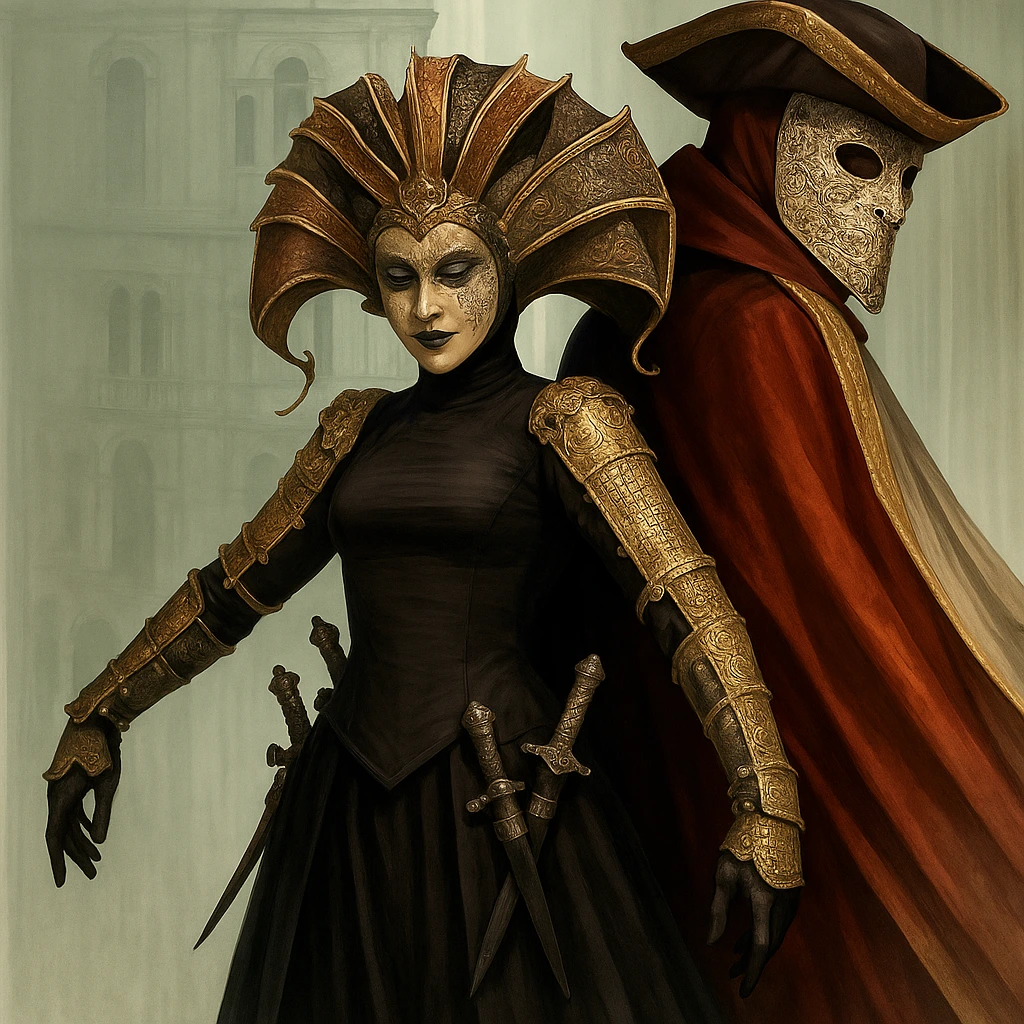ScFi/Fantasy Series That Flip Tropes

By
9 May 2025
The SF&F genre has been here for a long time now. The imaginations of many pioneers have gifted the readers with worlds and stories that are sometimes immense and sometimes small. They also have been realistic and unrealistic in equal quantities. They have been rooted, intense, and personal, and they also have been fantastical and otherworldly. Along the way, they also have given birth to countless tropes, which now lay a trail through many stories harking back decades. The trail is so wide that one of the joys of reading genre fiction, especially science fiction and fantasy, is seeing familiar tropes turned on their heads. Whether it's the chosen one, the noble hero, or the wise old wizard, these narrative elements can be comforting, but they also risk feeling tired or predictable. The best genre writers take these expectations and subvert them, offering fresh perspectives that surprise, challenge, and sometimes even unsettle the reader.
Here are several standout book series that flip popular tropes, often with brilliance and wit.
The Murderbot Diaries by Martha Wells
Tropes Subverted: Emotionless robots, AI yearning to be human, loyal machine sidekick
Martha Wells’ Murderbot Diaries takes a laser scalpel to the trope of the obedient, emotionless robot. The titular Murderbot is a rogue security unit that has hacked its own governor module. While it's capable of extreme violence and tactical brilliance, it’s more interested in binge-watching soap operas and avoiding human interaction. Rather than seeking humanity or love, Murderbot just wants autonomy and peace.
This subversion is deeply compelling because it treats AI not as a metaphor for human aspiration, but as a person with its own boundaries, traumas, and introverted quirks. Murderbot doesn't reject humans entirely, it often helps them, but it does so reluctantly, cynically, and on its own terms. It's one of the most unique robot characters in science fiction.
The Broken Earth Trilogy by N.K. Jemisin
Tropes Subverted: Chosen one, magical school, good vs. evil
N.K. Jemisin’s Hugo Award-winning Broken Earth series explodes multiple tropes from both fantasy and science fiction. The "chosen ones" in this world are orogenes, individuals with the power to control seismic activity. But instead of being revered, they are feared, controlled, and abused by society. Jemisin tackles the chosen-one narrative not as a power fantasy, but as a commentary on systemic oppression.
There is a training school, but it’s more akin to indoctrination. There are powerful mentors, but they’re often complicit in cruelty. The world itself is dying, and the solutions aren’t heroic or clean. Through three interwoven timelines, the trilogy unpacks how personal trauma intersects with geological catastrophe, all while challenging the assumptions of epic fantasy.
The Three-Body Problem Trilogy by Liu Cixin
Tropes Subverted: First contact, alien invasion, scientific savior
Liu Cixin’s Remembrance of Earth’s Past series begins with The Three-Body Problem and quickly moves into deeply philosophical and cosmic territory. At its heart is a massive subversion of the optimistic “first contact” trope. Rather than a hopeful exchange between civilizations, contact with the alien Trisolarans initiates a cold war filled with paranoia, betrayal, and existential horror.
The aliens aren’t monsters, they’re just desperate. Yet their response to humanity is strategic and threatening. Even more striking is the Dark Forest Hypothesis introduced later in the series, which reframes the galaxy as a place where civilizations hide in fear, ready to annihilate each other at the first sign of life. It’s a brutal, sobering counterpoint to the idea that advanced beings are inherently peaceful.
The First Law Trilogy by Joe Abercrombie
Tropes Subverted: Noble warrior, good vs. evil, wise wizard
Joe Abercrombie is often labeled the king of “grimdark” fantasy, but what makes The First Law Trilogy remarkable isn’t just its grit, it’s how it toys with familiar archetypes. The noble barbarian is a traumatized berserker. The dashing swordsman is vain and cowardly. The wise wizard Bayaz is manipulative and possibly villainous. There’s no great quest that restores the land, no ultimate evil to defeat, just a web of self-interest and moral compromise.
Abercrombie’s books strip away the comforting illusions of high fantasy and replace them with a world that feels achingly real. Heroes don’t get rewarded; villains don’t always lose. The result is a story that’s as cynical as it is compelling.
Discworld by Terry Pratchett
Tropes Subverted: Pretty much all of them
Terry Pratchett’s Discworld series is a long-running, affectionate parody of fantasy and modern life. Across over 40 novels, Pratchett deconstructs tropes like the chosen one, the ancient prophecy, the evil overlord, and the noble knight. But he doesn’t stop there, he also lampoons bureaucracy, journalism, academia, religion, and war.
What makes Discworld special is that it doesn’t just mock, it reimagines. For example, Guards! Guards! starts with a cowardly, drunken city guard who becomes a genuinely moral man by choosing to do the right thing in a corrupt system. Equal Rites plays with the “boy wizard” trope by giving magical power to a girl in a patriarchal system that refuses to accept her.
Pratchett’s wit is never cruel, but it is incisive. He invites readers to question the stories they’ve been told, and the systems they live in.
The Poppy War Trilogy by R.F. Kuang
Tropes Subverted: Magic academy, underdog hero, power fantasy
R.F. Kuang’s The Poppy War begins in familiar territory: a poor girl earns a spot at an elite military academy. But the story quickly takes a dark, unrelenting turn. Magic is tied to addiction and gods who are as destructive as they are powerful. War is brutal, with horrors drawn from real-world history (notably the Sino-Japanese conflict). And the heroine, Rin, does not become a noble savior, she becomes a war criminal.
The trilogy’s power lies in its refusal to make magic glamorous or war redemptive. Every victory carries a cost. Every choice narrows the path ahead. It’s a brutal meditation on trauma, rage, and the price of power.
Why Subversion Matters
Tropes aren’t inherently bad, they provide structure and familiarity. But when authors subvert them, they make space for new voices, deeper complexity, and richer emotional truths. Whether through rogue robots, broken heroes, or indifferent aliens, these books prove that the most powerful stories are the ones that surprise us, and show us ourselves in unexpected ways and the things that we value and take away from these brilliant stories. Dark Forest Theory, anyone?

Pavithran is a software developer based in Bengaluru, passionate about web development. He’s also an avid reader of SF&F fiction, comics, and graphic novels. Outside of work, he enjoys curating inspirations, engaging in literary discussions and crawling through Reddit for more mods to add in his frequent playthroughs of The Elder Scrolls V: Skyrim.

EXPLORE













